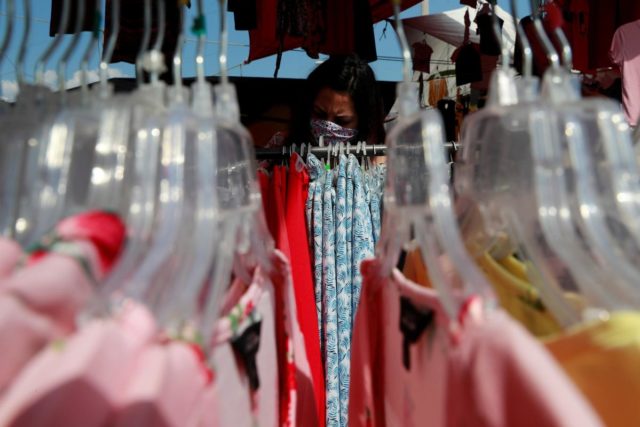RETAILERS have taken a hard knock as a result of Covid-19 with retail sales volumes plunging by 12% year-on-year from an already depressed -50.4% in April at the height of lockdown restrictions.
This is according to senior economist at FNB, Siphamandla Mkhwanazi.
According to Mkhwanazi, these results are testimony to the extensive impact of the pandemic (and lockdown restrictions) on economic activity.
“Year-to-date, volumes have declined by 11.3% compared to the same period in 2019. On a seasonally adjusted basis, retail sales volumes declined by 74.2% m/m in May, from an already depressed -50.7% m/m in April. This follows the ‘panic buying’ induced spike in March (+6.7%).”
The largest declines were recorded for “other” retailers (including jewellery and sportswear), which plummeted by 55.5% y/y, followed by household furniture/equipment as well as food, beverages and tobacco, which decreased by 30.1% and 29.1% respectively.
These suffered from varying degrees of trade restrictions under lockdown levels 4 and 5.
Notably, moderate volume increases were recorded for clothing and footwear (+2% y/y, following an 89% y/y plunge in April) as well as hardware, paint and glass (+3.1% y/y, from -88.6% in April).
According to Mkhwanazi, these, in part, reflected pent-up demand due to the easing of lockdown restrictions in May (eg, allowing for winter clothes shopping) as well as consumers using their “idle” time at home for light DIY and/or leisure purposes.
“Overall, outcomes were not unexpected,” he added.
“SA’s mobility data already showed that foot traffic to grocery shops and pharmacies (frequency and time spent in the shop) collapsed during lockdown. This is further supported by internal card transactions data, which showed a spike in spending in the days before lockdown, and a sharp decline thereafter.”
Looking ahead, economists expect shopping activity to normalise in the coming months, as the economy gradually reopens.
“However, we anticipate that consumer spending will likely take a significant knock this year due to lockdown restrictions; loss of income (and jobs) because of the pandemic; and heightened uncertainty, which could result in an increase in precautionary savings by high-income households.
“Nevertheless, there are some factors that could lend support to the consumer during this time. These include aggressively lower interest rates, rising deflationary pressures (eg, fuel prices), as well as marginally lower income taxes – which should somewhat boost discretionary income. However, these, in our view, will be counteracted by the impact of a prolonged recession on labour markets, and in turn, consumer confidence.”








